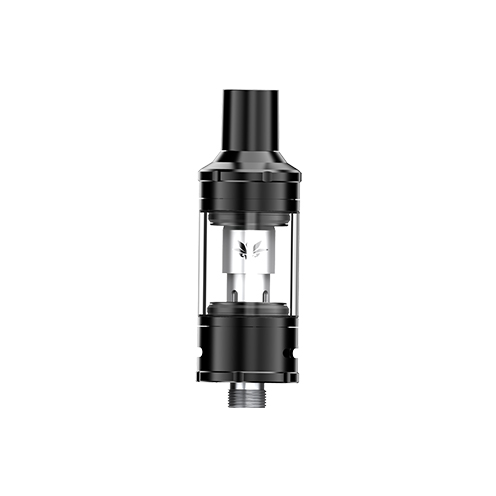“Governments should make e-cigarettes easily available, introduce modest regulations to reduce the risk of irresponsible marketing and product safety approaches, and give a medical endorsement.
“Clinical trials have demonstrated that vaping is probably the most effective way to quit smoking. The long-term harms of e-cigarette use are not known, but they will be substantially less than those of continued smoking or of attempting to quit unaided and then, as is usually the case, failing.
“Electronic cigarettes are a game changer — there is no going back from that. The whole market in nicotine delivery has been revolutionized by these products and I just hope that there are even more exciting products on the way.
“Smoking prevalence in the UK is falling fast, and faster than in the US and Australia where vaping is not endorsed by national authorities. Smoking decline in the UK will have generated savings to the National Health Service.
“If we try to put a figure on the relative risk of electronic cigarettes compared with smoking, my view is that it’s going to be well under 5 percent of the risk.
“The lung is a delicate organ and it is best to avoid inhaling anything unnatural. But relative to tobacco smoke, glycerol and propylene glycol represent a much-reduced risk. The same is true for passive exposure to e-cigarette vapour.
“The best evidence is for snus, which has been used in Sweden for decades and for which the long-term risks are very low. The same is probably true for e-cigarettes. HTPs are also likely to be lower risk than smoked tobacco.”
Britton points to the success the United Kingdom has had with reduced harm products, mainly electronic cigarettes, as approaching four million people are now vaping instead of smoking as a result of the public buying into the message that vaping is at least 95% safer than smoking.
Public Health England (PHE), in its most recent report, stated:
- Vaping regulated nicotine products has a small fraction of the risks of smoking, but this does not mean it is safe
- Smokers should be encouraged to try regulated nicotine vaping products along with smoking cessation medications and behavioural support. This will greatly increase their chances of successfully stopping smoking
- People who have never smoked should be encouraged not to smoke and not to vape
- Vapers should be encouraged to use regulated nicotine products only and stop smoking completely
PHE also noted, “current vaping [in teens] is mainly concentrated in young people who have experience of smoking. Less than 1% of young people who have never smoked are current vapers.”
News from: https://www.planetofthevapes.co.uk/news/vaping-news/2020-09-11_great-britton.html


















